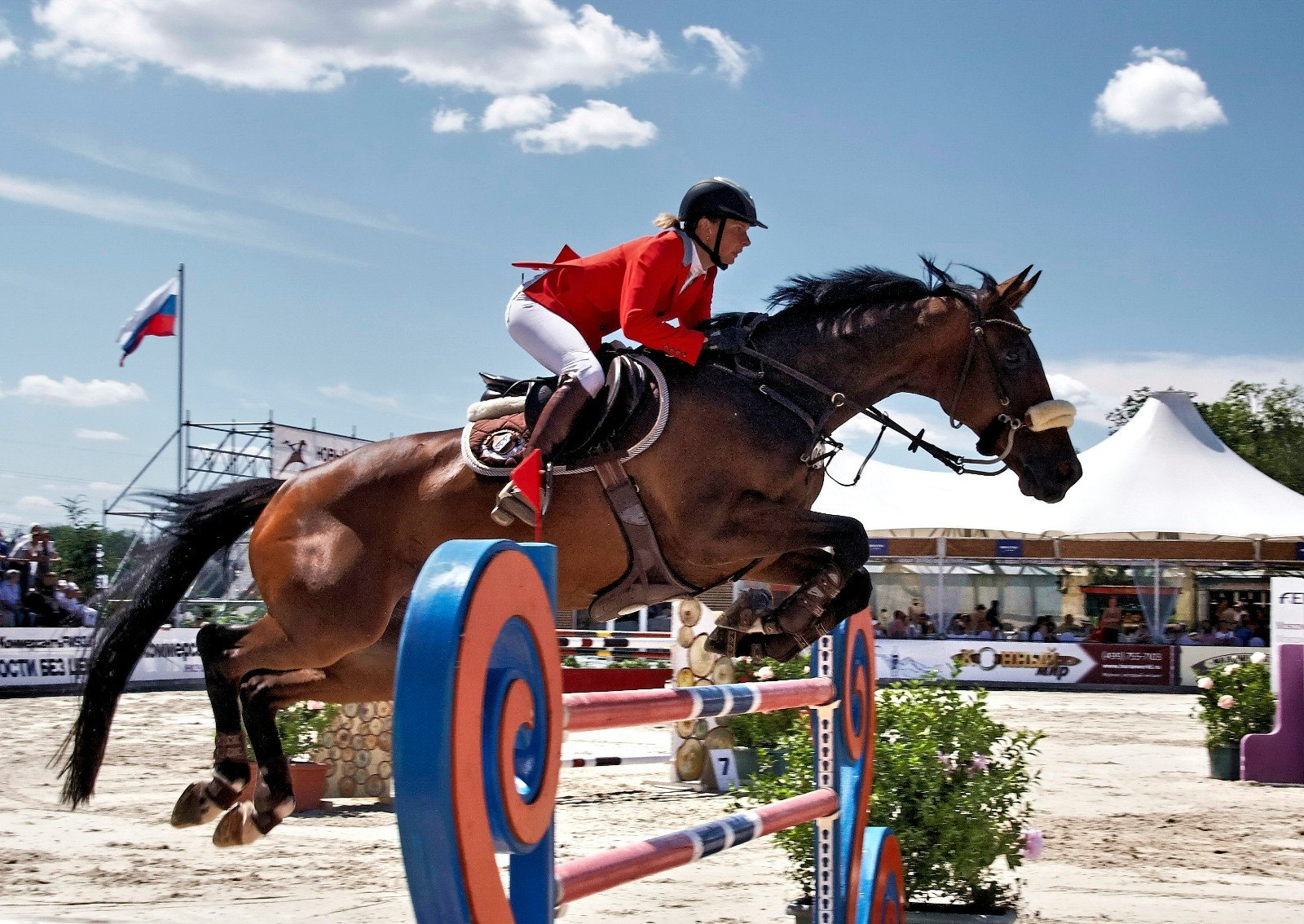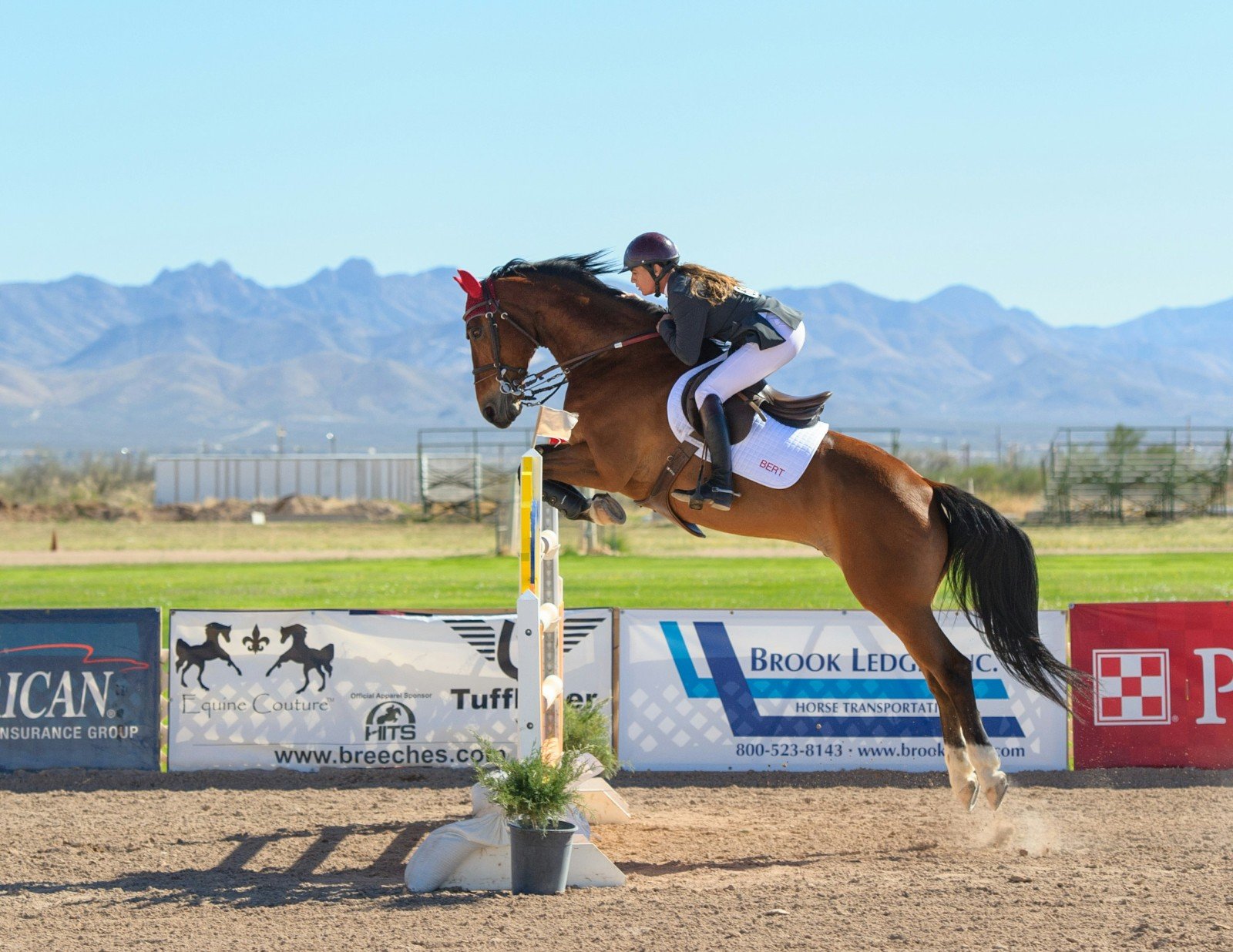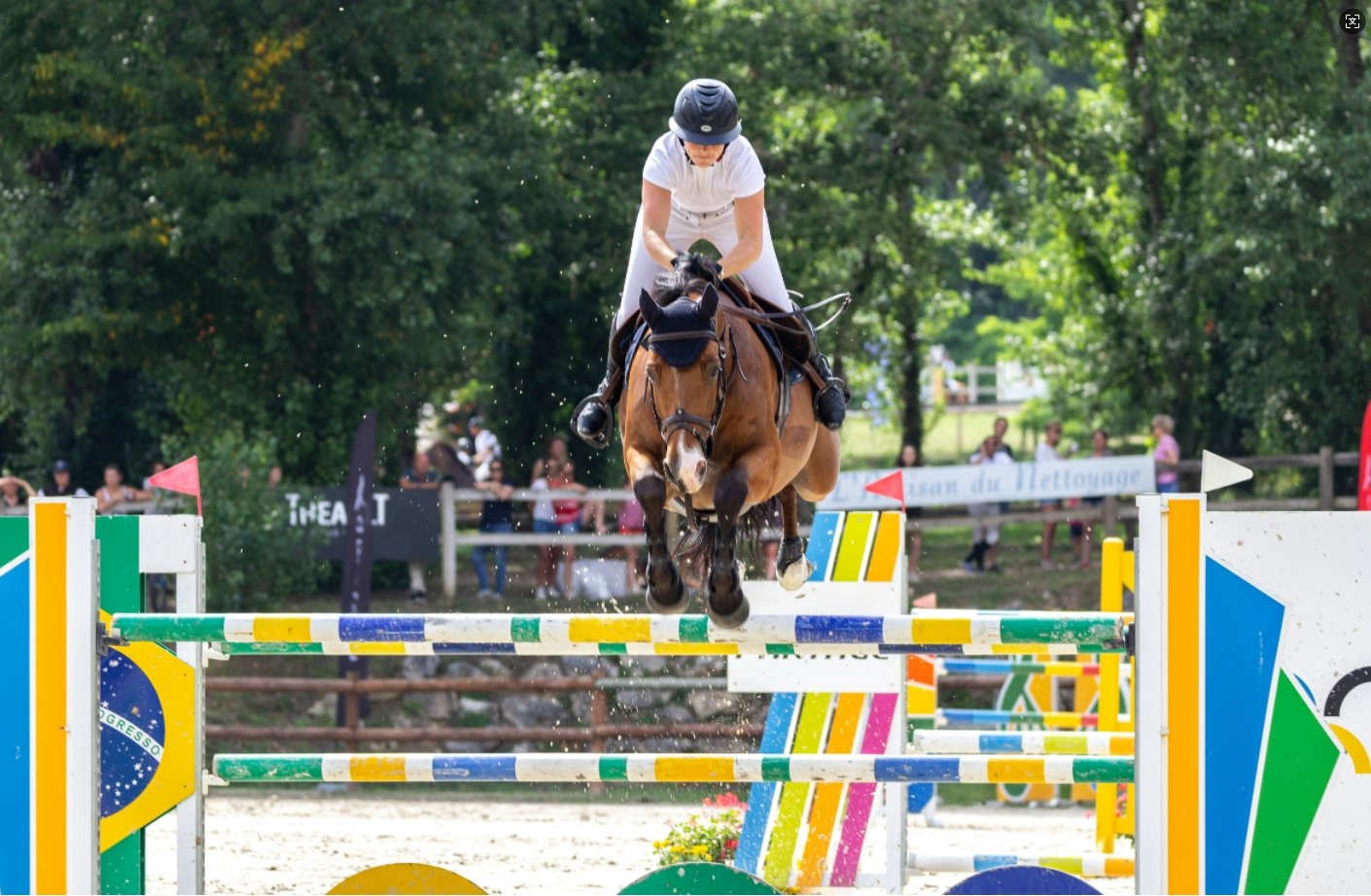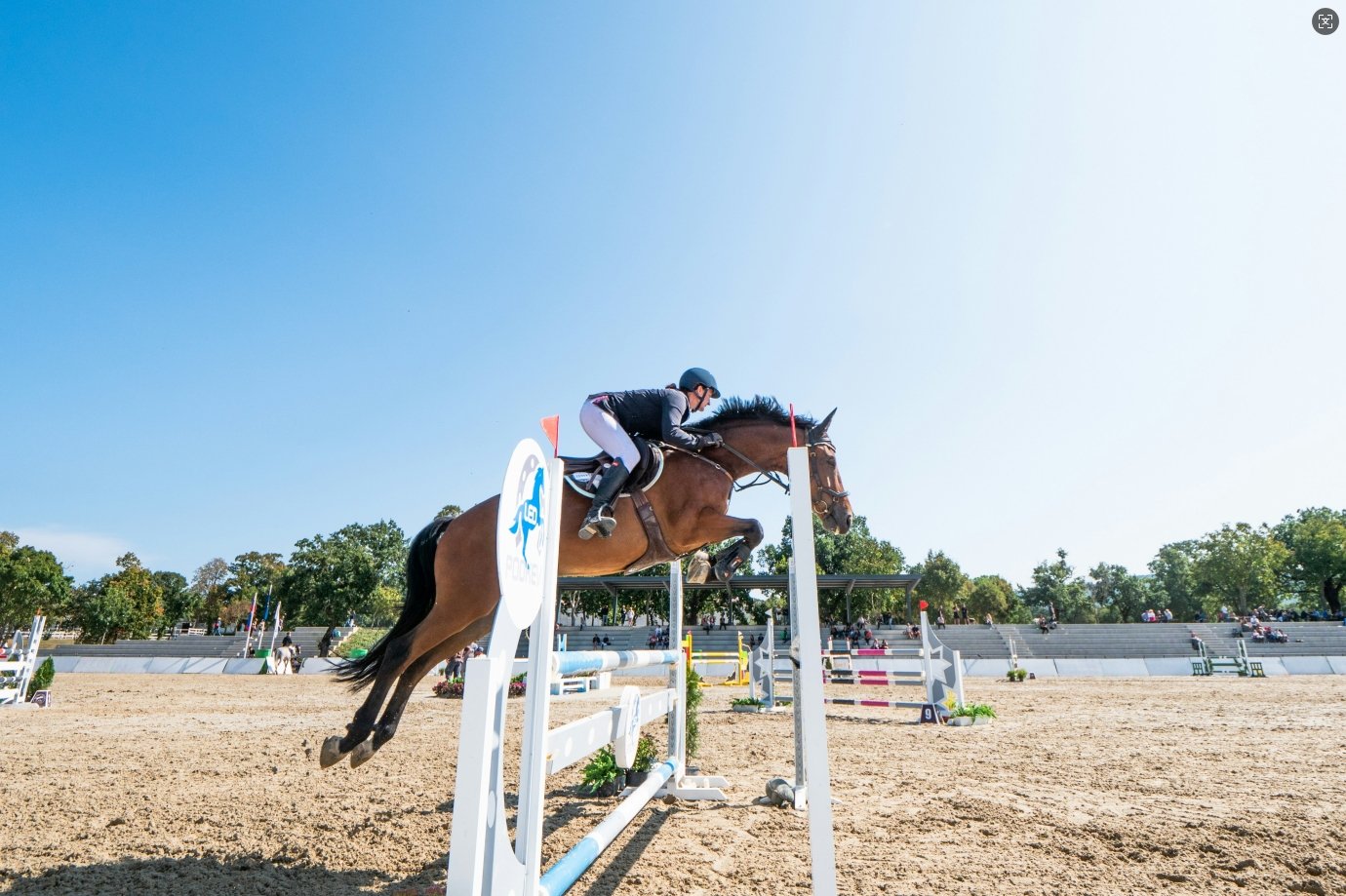
As the 2025 competition season reaches its climax, the world’s top riders are fine-tuning their pre-event routines to ensure their equine partners perform at their best. From specialized warm-ups to cutting-edge recovery techniques, we break down the science-backed preparation methods used by Olympic-level teams—and how amateur riders can adapt them.
Section 1: The 72-Hour Countdown
Nutrition & Hydration Protocol
● Electrolyte Balancing:
○ 48 hours out: Add 25% more electrolytes to water
○ Test hydration via skin-pinch test (should rebound in <2 seconds)
● Carb-Loading Strategy:
○ Increase high-quality forage 72h pre-event
○ Beet pulp mash 24h before for glycogen stores
Pro Tip: FEI research shows horses drinking coconut water-based electrolytes recover 18% faster post-event.
Tack Fine-Tuning
1. Saddle Pressure Checks
○ Use thermal imaging cameras to detect "hot spots"
○ 85% of riders adjust flocking 48h before travel
2. Bit Fit Verification
○ Dental scans recommended within 2 weeks
○ New bit pressure apps (like EquiSense) detect asymmetry

Section 2: Travel & Arrival (24-12 Hours Before)
Science-Backed Transport Prep
● Leg Protection:
○ Compression wraps with aromatherapy liners (lavender reduces stress markers by 31%)
○ Magnetic boots during transit maintain circulation
● Trailer Setup:
○ 10° downward head position reduces sinus pressure
○ NASA-developed air-scrubbing systems cut respiratory irritants
Venue Adaptation
● First 4 Hours:
○ Hand-walk with UV-protective mesh sheets (new FEI rule)
○ Offer peat moss-infused water to neutralize new pathogens
Section 3: The Final Warm-Up (6-1 Hour Before)
Dynamic Activation Routine
(Based on German team's 2025 protocol)
Minute Activity Purpose
0-15 Massage gun (20Hz) on gluteals Activates hindquarter engagement
16-30 Pole work at 45° angles Stimulates proprioception
31-45 Interval canters (30s on/off) Elevates VO2 max without fatigue
Mental Preparation
● Calming Tech:
○ 62% of WEG riders now use EEG headbands to monitor horse's focus
○ Binaural beats at 40Hz improve jump accuracy by 22%

Section 4: Last-Minute Checks
Equipment Audit
✅ Bridle: Wipe bit with antimicrobial wipes (new FEI hygiene rule)
✅ Boots: Confirm impact sensors are synced to phone
✅ Saddle Pad: Check moisture-wicking core isn't saturated
Physiological Indicators
● Ideal pre-start stats:
○ Heart rate: 28-32 bpm at rest
○ Respiratory rate: 8-12 breaths/min
○ Gut sounds: 3-5 gurgles/15sec
Post-Event Recovery (The Hidden Advantage)
Gold Standard Cool-Down
1. Phase 1 (0-15min post):
○ Walk with cryotherapy boots (-110°C)
○ Offer electrolyte ice cubes
2. Phase 2 (16-45min):
○ Vibration plate therapy (30Hz for 8min)
○ LED light blanket (630nm red light reduces inflammation)
Amateur Adaptations
Budget-Friendly Alternatives:
● Replace cryo boots with ice packs + standing wraps
● Use freeze-dried electrolytes instead of IV options
● DIY pole patterns with PVC pipes

Expert Insight
Dr. Sofia Lundgren, FEI Veterinary Delegate:
"The difference between podium and middle rankings now comes down to micronutrient timing and neural priming. Our data shows proper pre-event prep can improve scores by 3-5%."
Checklist: Your Pre-Comp Timeline
● 3 Days Out:
○ Begin electrolyte loading
○ Final saddle fit check
● 24 Hours Out:
○ Install trailer monitoring sensors
○ Pack emergency gut-support supplements
● 1 Hour Out:
○ Perform dynamic activation routine
○ Administer permitted calming herbs (if needed)
Competition-Ready Products
Elevate your prep with pro-grade tools:
√ [Smart Recovery Boots] – Used by 2024 Olympic teams
√ [Portable Thermal Camera] – Detect muscle tension in 10sec
√ [Hydration Monitoring System] – Tracks water intake automatically
"Master these pro techniques to give your equine partner the winning edge at your next competition!"